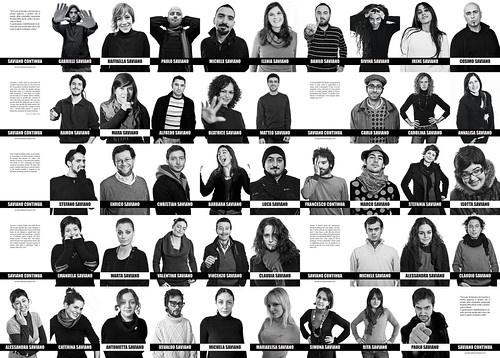Customer service can be improved not just by learning how to handle complaints better but also by learning how to handle different types of people better.
Late last year Laura Klein wrote a post on the Smashing Magazine website called Idiots, Drama Queens and Scammers: Improving Customer Service with UX. The post focused on identifying and learning how to deal with your worst type of customers and how that will help you improve your overall level of service.
That, I believe, is true.
Yes, get your people together and work out the best way to solve these issues.
However, a lot of the time we look for similarity of complaints and how that reflects on us and what we have done wrong, how we can improve and how we can work together to help solve the variability of the service we deliver.
But, we must also realise that issues and complaints can also be affected by different types of people as different people will respond to different events in different ways.
Therefore, I believe that there is a lot to be learned by putting the complaint in context ie. taking the customer themselves and their environment into account.
Using personality profiling tools like DISC (discussed in Better team and customer communication – it’s about understanding them not you) or EQ (discussed in Jim Rohn: Work harder on yourself than you do on your job) can help us understand how people communicate and we should communicate with them.
Understand that there are (like the referred to article) ‘Idiots’, ‘Drama Queens’ and ‘Scammers’ out there but it is how we respond to them as people that can make a huge difference to our handling of their complaint.
Different issues or complaints will be communicated differently by different types of people.
Therefore, successful customer service complaint handling can not just be about handling complaints it has also to be about handling different types of people.
What do you think?




